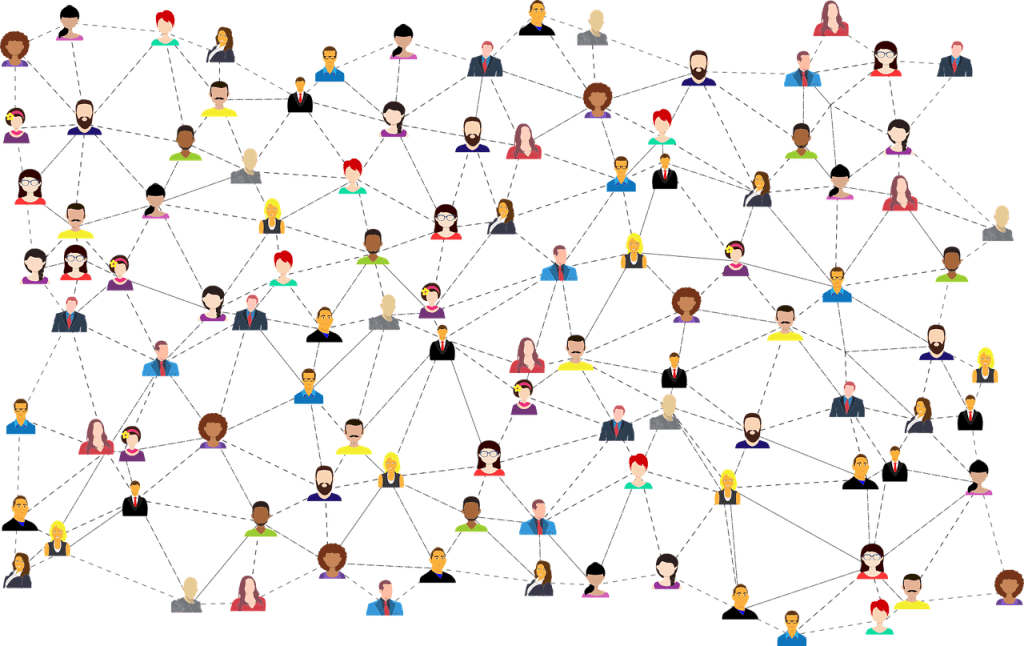How to Use Positive Language
Share
You walk into the office on a rainy Tuesday morning. All is still quiet, except you hear your colleague is already typing at her keyboard. As you take off your damp jacket, you ask her how she is and, with a large smile, she turns to you and replies “I’m fantastic!”
No one can deny that the response given in this scenario inspires a much greater start of the day than if the colleague would have distractedly replied “I’m alright…”
What we say and how we say it matters.
The way we express ourselves directly affects how our message is received and the response we are most likely to get.
In our everyday lives, positive language will create a far better impression on others and on ourselves than negative or even neutral language will. Positive language lifts us. Yet, we tend to express ourselves using negative language. The can’ts, won’ts and don’ts we use so much shape our behaviour and our outlook on life, as well as the perceptions that others have of us and the world around them.
The vocabulary we choose to use, combined with our tone of voice and our facial expressions will either help us or be harmful in achieving our communication objectives.
Positive language means using expressions, words and body language that instills a positive mindset. People who use positive language do not avoid difficult or confrontational situations by embellishing the truth or attempting to make it appear more acceptable to the interlocutor. Rather, they tackle awkward situations straight-on, strategically using language that is comforting, inspiring and that provides options and solutions.
Positive language avoids:

By using positive language and an upbeat attitude, people tend to have an improved self-perception, an increase in motivation and a far better outlook on life. This will have a direct beneficial impact on their mood and overall well being.
Scientists have found that language can significantly shape how we see the world around us, to the point where it can boost otherwise unseen objects into visual awareness. Words generate mental images. That is why words like “Yes!” or “Go!” can literally trigger our brain to move and engage in an action.
Our language does not only impact our own thoughts and emotions, but it can also inspire others around us to think more positively and work toward achieving their own goals as well.
When we consciously use positive and affirmative vocabulary and expressions to communicate, we do not only create an uplifting and friendly atmosphere, we also help turn difficult or challenging situations into opportunities for growth and success.
It can seem difficult to get in the habit of using positive language when we are used to expressing ourselves otherwise. Yet, learning to restructure our language is very possible to do and, with a little practice and willingness to change, our language will become more positive in no time!
Meanwhile, here are a few tips to get you started:

Positive language is essential to achieving effective communication that is harmonious and mutually beneficial to both the speaker and the listener. No matter your role or the environment you are in, adopting positive language will help you create a friendly and relaxed atmosphere, achieve your goals and build strong and nurturing relationships that will make you and those around you feel good, inspired and confident.
Need help learning how to communicate effectively? Impact-Pro can help.